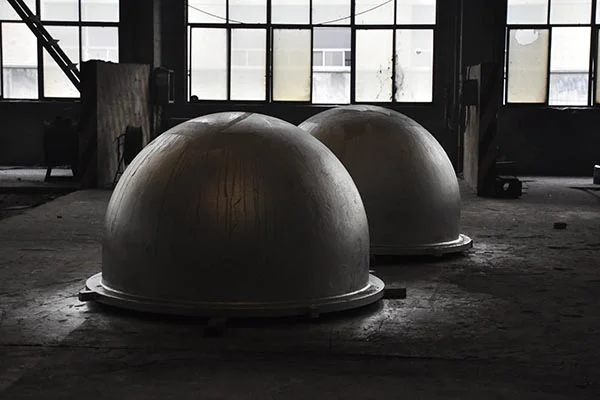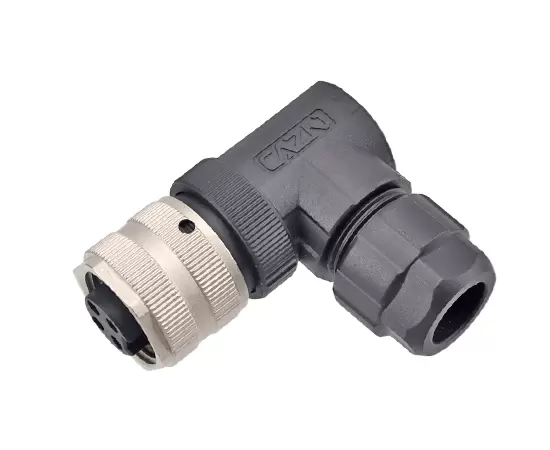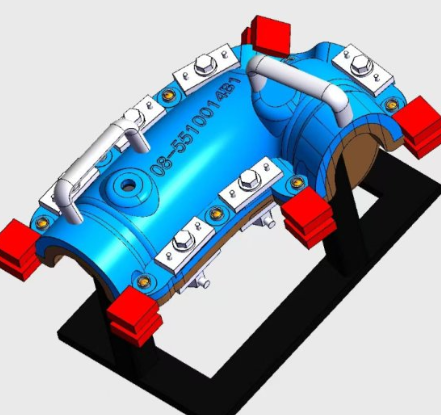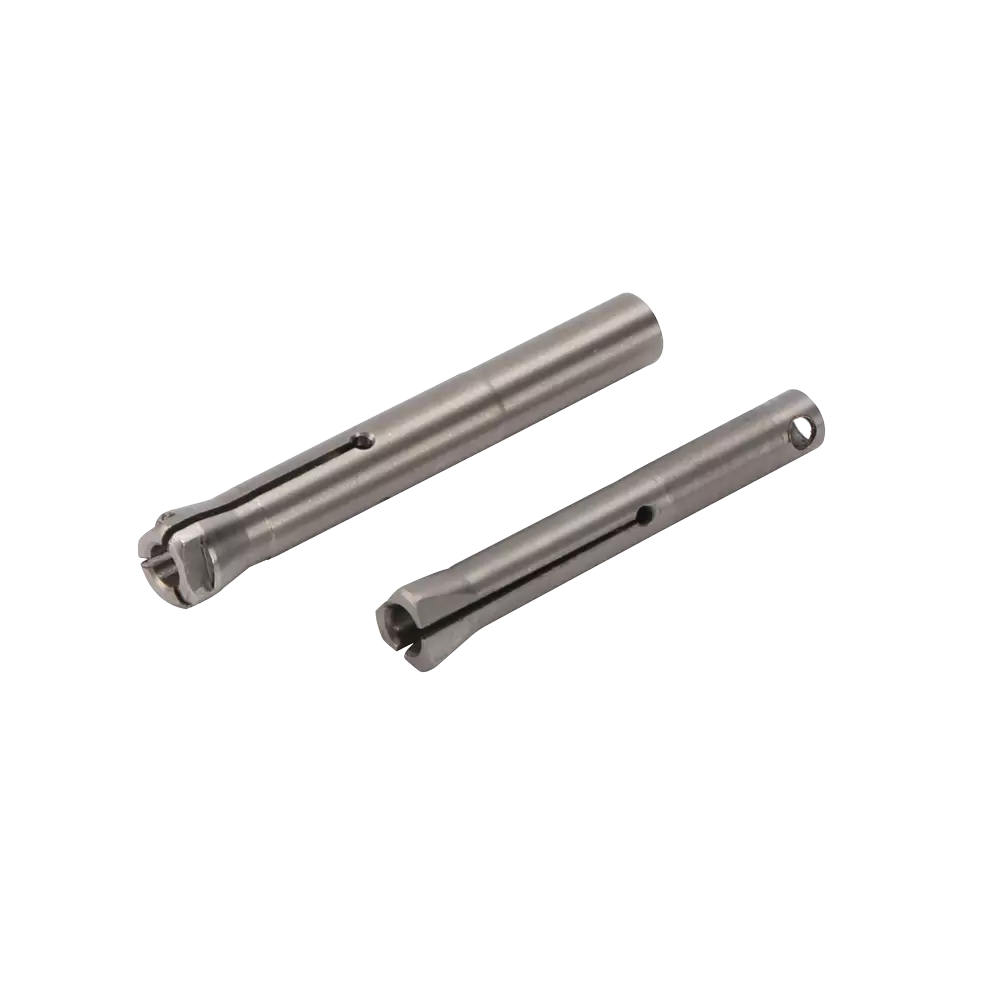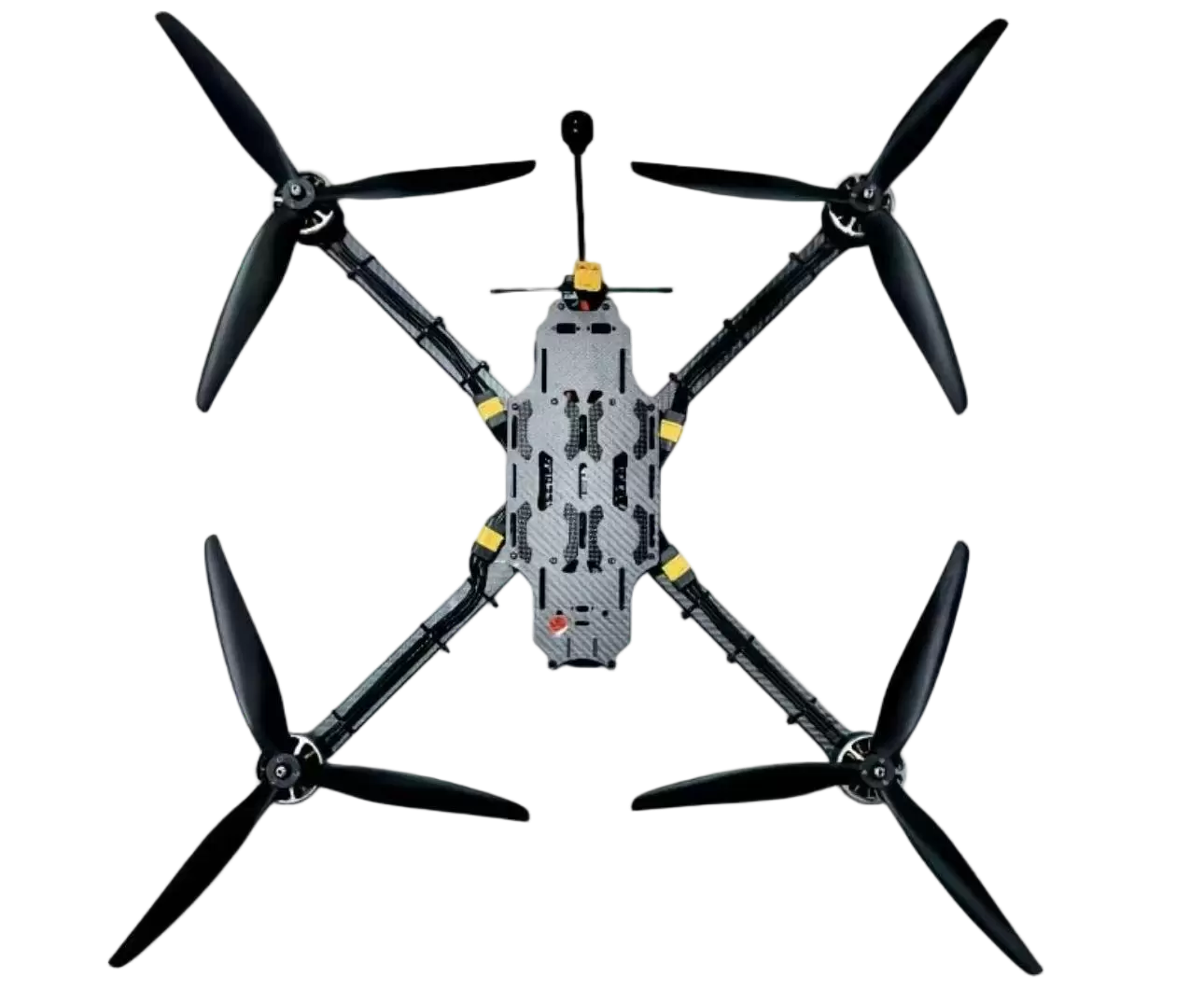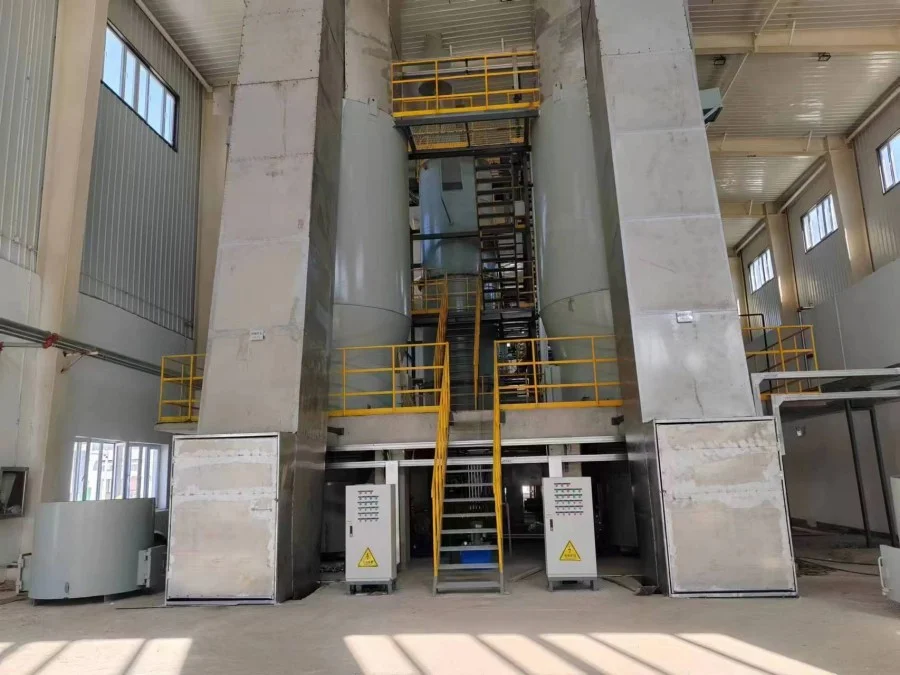CNC Pinion Gear Manufacturers: Ensuring Reliability in High-Tech Applications
In the intricate world of mechanical engineering and high-tech applications, the role of precision components cannot be overstated. Among these critical elements, pinion gears play a pivotal part in transferring rotational motion and power efficiently. The advent of CNC technology has revolutionized the manufacturing process of these gears, leading to unparalleled accuracy and consistency. This comprehensive blog post will explore the domain of CNC pinion gear manufacturers, delving into the technical aspects of their production, the materials used, and the impact of these high-precision components on various industries.

Understanding CNC Pinion Gears
Pinion gears are essential components in a variety of mechanical systems, including gearboxes, transmissions, and differentials. They are characterized by their small size and the ability to mesh with larger gears, known as wheels, to transfer torque and motion. CNC pinion gear manufacturers refers to entities that specialize in the production of these gears using Computer Numerical Control (CNC) machinery, ensuring high precision and repeatability in their products.
Key Features of CNC Pinion Gears
-
Precision Engineering: CNC technology allows for the creation of gears with exacting tolerances, ensuring smooth operation and longevity.
-
Material Diversity: CNC pinion gears can be manufactured from a variety of materials, including steel, aluminum, brass, and plastic, depending on the application's requirements.
-
Customization: CNC manufacturing enables the production of gears with unique tooth profiles, sizes, and numbers of teeth, catering to specific design needs.
-
Durability: The high-quality materials and precise manufacturing processes used by CNC pinion gear manufacturers result in components that can withstand heavy loads and harsh operating conditions.
-
Reliability: The consistency of CNC manufacturing ensures that each gear performs as expected, reducing the risk of failure in critical applications.
Benefits of CNC Pinion Gears in High-Tech Applications
The benefits of using CNC pinion gears in high-tech applications are manifold, offering solutions to specific challenges and enhancing overall system performance.
-
Increased Efficiency: The precise manufacturing process of CNC gears reduces backlash and friction, leading to increased efficiency in power transmission.
-
Longevity: The use of high-quality materials and advanced manufacturing techniques results in gears that are more resistant to wear and tear, extending their service life.
-
Versatility: CNC pinion gears can be tailored to fit a wide range of applications, from aerospace to robotics, making them a versatile solution for engineers.
-
Reduced Maintenance: The reliability and durability of CNC gears mean less frequent maintenance and fewer replacements, reducing overall operational costs.
Technical Aspects of CNC Pinion Gear Manufacturing
The technical aspects of CNC pinion gear manufacturing involve several stages, each critical to the final product's quality and performance:
-
Design and Simulation: Engineers use CAD software to design the gear and simulate its performance under various conditions to ensure it meets the required specifications.
-
Material Selection: The choice of material depends on the application's specific needs, with factors such as strength, weight, and resistance to corrosion being considered.
-
CNC Machining: The gear blank is secured in a CNC machine, which uses a computer program to control the cutting tools, shaping the gear to the desired specifications.
-
Heat Treatment: Many gears undergo heat treatment processes to enhance their strength and durability, making them more resistant to wear and fatigue.
-
Quality Control: Each gear is inspected for dimensional accuracy, surface finish, and other critical parameters to ensure it meets the manufacturer's high standards.
Applications of CNC Pinion Gears
CNC pinion gears find applications in a variety of high-tech industries, where precision and reliability are paramount:
-
Automotive Industry: In vehicles, pinion gears are used in transmissions and differentials, ensuring smooth and efficient power transfer to the wheels.
-
Aerospace Industry: In aircraft and spacecraft, these gears are critical components in control systems and actuation mechanisms, where precision is essential for safety and performance.
-
Robotics: Pinion gears are used in robotic arms and other automated systems, providing precise control over movements and positioning.
-
Industrial Automation: In conveyor systems, assembly lines, and other automated processes, pinion gears help transfer motion with accuracy and reliability.
Manufacturing Process of CNC Pinion Gears
The manufacturing process of CNC pinion gears involves several stages, each critical to the final product's quality and performance:
-
Blank Preparation: The raw material is cut into blanks, which will be shaped into the final gear.
-
Hobbing: This is the primary method for cutting gears in CNC machines. A hob, a worm-like cutting tool, is used to remove material and create the gear teeth.
-
Shaping: The gear is further refined through shaping processes, which ensure the gear's teeth meet the required specifications for pitch and profile.
-
Grinding: To achieve the highest levels of precision, the gear may undergo grinding, which removes material to achieve a smooth surface finish and exact dimensions.
-
Inspection and Testing: Each gear is inspected for quality, ensuring it meets the manufacturer's standards for accuracy and performance.
Factors Affecting the Performance of CNC Pinion Gears
Several factors can influence the performance of CNC pinion gears:
-
Material Properties: The properties of the material used, such as hardness and toughness, can affect the gear's performance under load.
-
Tooth Geometry: The shape and size of the gear teeth play a crucial role in the gear's ability to mesh with other gears and transfer motion efficiently.
-
Load Conditions: The type and magnitude of loads the gear is subjected to can influence its service life and performance.
-
Lubrication: Proper lubrication is essential for reducing friction and wear, ensuring the gear operates smoothly and reliably.
Optimizing the Use of CNC Pinion Gears
To maximize the benefits of CNC pinion gears in high-tech applications, consider the following strategies:
-
Correct Sizing: Ensure the gear is appropriately sized for the application, considering factors such as torque capacity and speed requirements.
-
Maintenance: Implement a regular maintenance schedule to inspect and service the gears, detecting and addressing any issues before they lead to failure.
-
Lubrication: Use the appropriate lubricants for the specific application, ensuring they are applied correctly and consistently.
-
System Integration: Design the gear system to integrate seamlessly with other components, ensuring efficient power transfer and minimizing wear.
Conclusion
CNC pinion gear manufacturers play a critical role in ensuring the reliability and performance of high-tech applications. By leveraging advanced manufacturing techniques and high-quality materials, these manufacturers produce gears that are essential for the smooth operation of machinery in various industries. Understanding the technical aspects and applications of CNC pinion gears is crucial for engineers and designers looking to optimize their systems. As technology continues to advance, the precision and reliability offered by CNC pinion gears will remain in high demand, making them a cornerstone of modern mechanical engineering.
www.lrfgears.com
Longruifa

